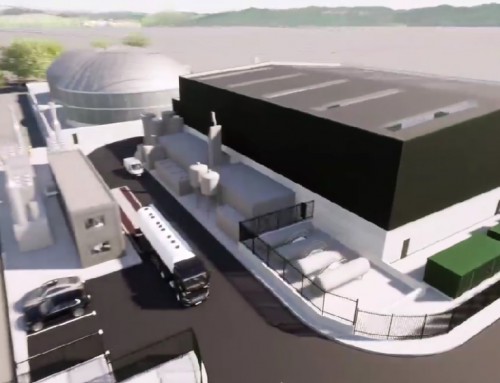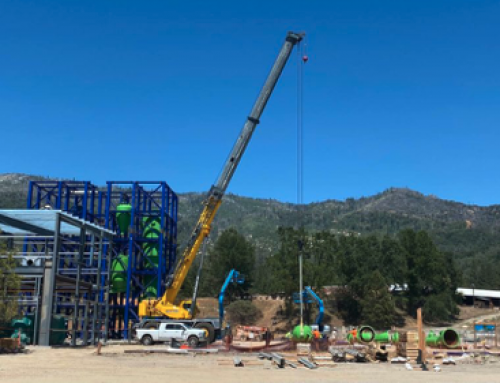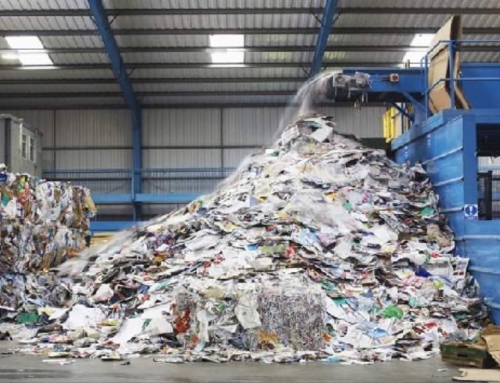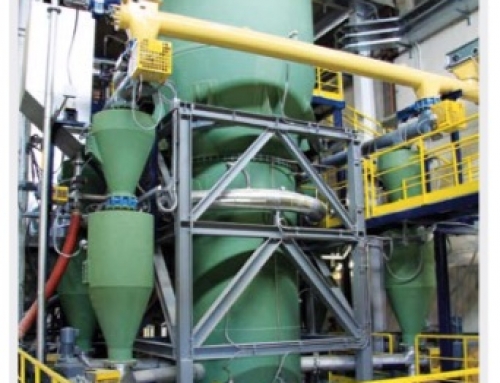By Julian Singer
EQTEC, the waste to energy company, has seen a significant rise in its share price over the last nine months, first in June 2020 when it increased from its previous year’s average of 0.15 pence to 0.5p, and then again in December 2020 to above 2p.
EQTEC concentrates on producing synthetic gas, or syngas, from municipal waste. Syngas is mainly a mixture of hydrogen and carbon monoxide, often with small percentages of carbon dioxide and other gases. It has historically been used in refineries to produce methanol and other chemicals, and above all in the production of ammonia.
Syngas can also be used to produce electricity and heat. The energy content of syngas is significantly lower than natural gas, but processing waste in this way is clearly much more preferable than letting it accumulate in landfills where it is not only unsightly and smelly but also releases methane and carbon dioxide to the atmosphere.

Photo by Manfred Antranias Zimmer from Pixabay
EQTEC states that its mission is to help the world reduce waste and generate green energy. It uses a system known as a fluidised bed reactor to produce what it claims is the world’s purest syngas. This is then either burnt to produce heat or sent to a combustion engine that turns an alternator to produce electricity, or both. Burning syngas converts the carbon monoxide to carbon dioxide, so it is not entirely green but certainly much greener than a landfill.
The company has a plant in Spain that has been generating electricity and heat using the waste from olive oil production for eleven years. Since then progress has been slow, with three other plants being installed in southern Europe. However, in the last report, dated September 2020, the company says it has 17 full commercial offers outstanding altogether worth €205 million. Most of these projects are at the fairly early stages of planning or financing.
In the UK these include the proposal for a large facility in Billingham, on Teeside, that could generate up to 25MW of electricity and 34MW of heat and would use 200,000 tonnes of waste per year. EQTEC expects to be the co-developer of the project but is waiting for an un-named European company to finance and operate the project. Other projects are located in Flintshire, Greece, Ireland, Spain and California.
In the last financial results available, for the half-year to 30 June 2020, the company reported income of £0.77million (FY2019: £1.7m) for an operating loss of £1.3m (FY2019: a loss of £2.5m). Given the time it takes to finalise projects it seems unlikely that the company will generate large revenues in 2021. It is also considering investing capital into many of the deals in the pipeline in order to accelerate financial closure, and eventually generate revenue, but in the short term adding to cost.
So why has the share price jumped? In June 2020 the price of several small companies in the waste to energy sector jumped (Greenbarrel, October 2020), as they also did in December. It seems that investors have suddenly taken a liking to the sector. The price should anyway be put in perspective, because at 2p it is still a long way below its five-year high of 8p in February 2017 when it was trading as REACT Energy, although it was invested in other types of renewable at the time.
Progress has been slow. It seems that, although desirable, waste to energy plants are quite specialised and difficult to set up, partly because they require a large, reliable stream of waste to be available. It is also not clear what EQTEC offers over competitors. There is no mention of the sector in the government’s Energy White Paper, so they are unlikely to attract public funds. Will they break through in sufficient volume to make the company profitable, and if so when?




